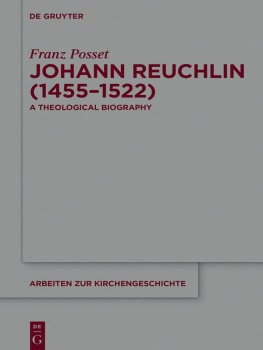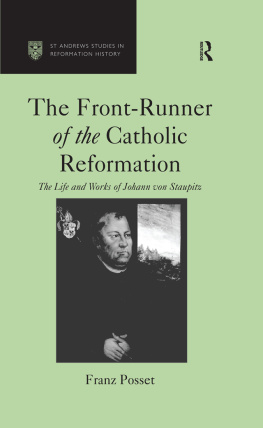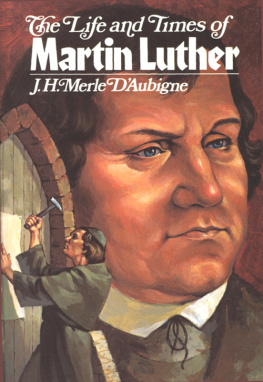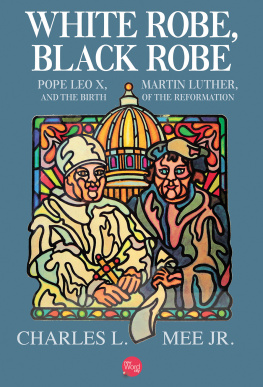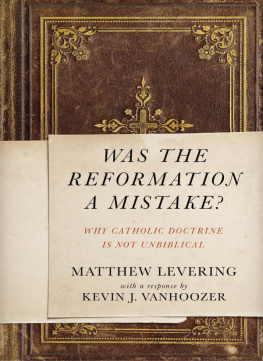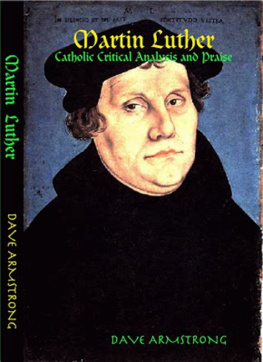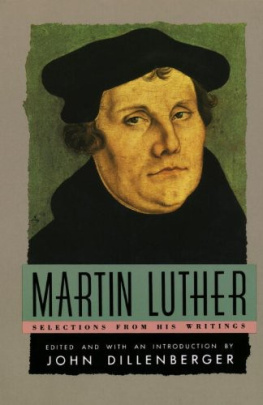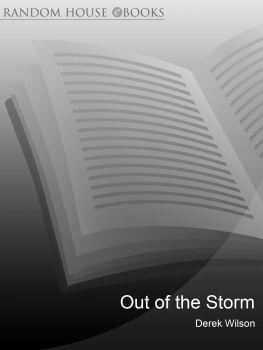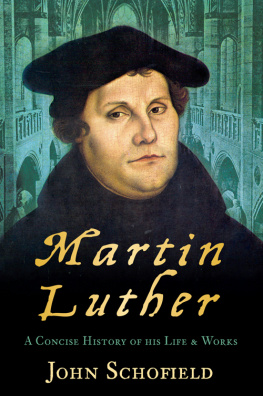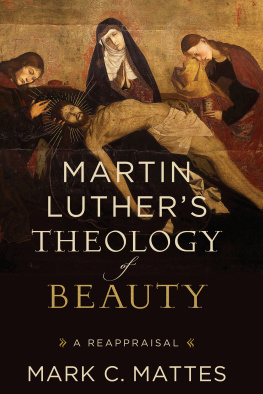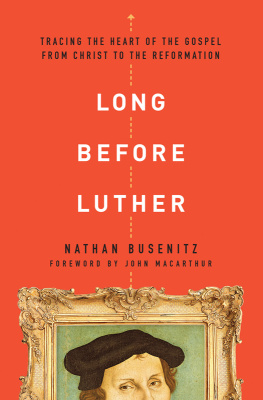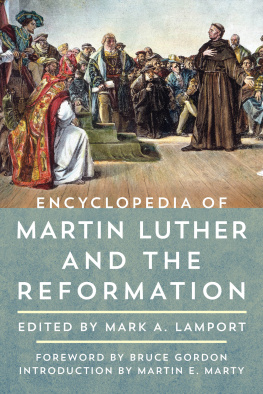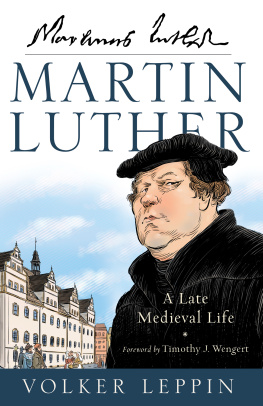Contenido
Franz Posset
Johann Reuchlin (14551522)
Arbeiten zur Kirchengeschichte
Founded by
Karl Hollf and Hans Lietzmann
Edited by
Christian Albrecht and Christoph Markschies
Volume 129

Mit freundlicher Untersttzung der Stadt Pforzheim.
ISBN 978-3-11-041947-4
e-ISBN (PDF) 978-3-11-041863-7
e-ISBN (EPUB) 978-3-11-041880-4
Library ofCongress Cataloging-in-Publication Data
A CIP catalog record for this book has been applied for at the Library of Congress.
Bibliografische Information der Deutschen Nationalbibliothek
Die Deutsche Nationalbibliothek verzeichnet diese Publikation in der Deutschen Nationalbibliografie; detaillierte bibliografische Daten sind im Internet ber http://dnb.dnb.de abrufbar.
2015 Walter de Gruyter GmbH, Berlin/Boston Satz: le-tex publishingservices GmbH, Leipzig
www.degruyter.com

Third version of the printers device of Thomas Anshelm of Baden (initials TAB) who printed several books by Reuchlin. The design is inspired by Reuchlins theology of the name of God and of Jesus. Woodcut by Hans Baldung Grien who might have adapted the concept from Albrecht Drers Three Genii. The printers device is used as colophon in Anshelms print of a book by Martin Luther: Von den guten werken, ain gantz ntzlich bchlin dem layen zuo lessen / durch D.
Martinum Luter zuo Wittenberg gepredigt (Hagenau: Anshelm, 1520).
Dedicated to The Most Rev. Richard J. Sklba,
emeritus auxiliary bishop of the Archdiocese of Milwaukee,
former chairman of the United States Conference of Catholic
Bishops Committee for Ecumenical and Interreligious Affairs
Foreword
In the preface to the first volume of the new critical edition of Johann Reuchlins correspondence the late Manfred Fuhrmann (Academy of Sciences of Heidelberg) expressed the expectation that the new edition may lead, via translations or as the foundation for future biographies, to a wider dissemination of the knowledge about Reuchlin. He could not foresee how soon his hopes would be realized. In 2011 the German translation of all of Reuchlins letters became available and now also a biography in English is going to press. And, it is not just an ordinary biography, but a monumental opus which masterfully incorporates the multifarious research contributions of the previous decades; and in doing so sets new standards. This new biography will secure the honorific memorial internationally which Fuhrmann demanded for the upright humanist who always remained true to his convictions.
Writing a scholarly biography of Reuchlin these days takes courage; not only because of the expectations in terms of historiography and languages with which a biographer is faced in this particular case, but also because there is still an authoritative biography in German available, that of Ludwig Geiger of 1871. A man of courage was Max Brod in the 1960s. Two decades after the Holocaust he issued his historical monograph Reuchlin und sein Kampf, a book which could never have been written, so the author admits, without Geigers classical biography. Brod was a courageous man also in other regards: He published the literary opus of his friend Franz Kafka against Kafkas explicit testamentary will that it be destroyed.
was no less courageous when he decided to present Reuchlins biography in a new way from the original sources in a language that is not his mother tongue, and being deprived at first of the benefits of Geigers standard work, for several years. Posset is courageous also in another regard; otherwise he would not have published his book The Real Luther in 2011 with none other than Philip Melanchthon as his chief witness for his presentation of Luther as a Catholic Reformer, fully aware of the controversial role which Melanchthon played through the centuries for the preservation of the Lutheran heritage. Perhaps Melanchthon, too, needed a bit of courage when in 1552 he gave his commemorative speech about Johannes Reuchlin from Pforzheim. His speech turned out to be the first biography of Reuchlin. Although he may have known better, Melanchthon styled Reuchlin primarily as a pioneer for Luthers cause. For this tendentiousness Posset takes Melanchthon to task in a similarly severe way in which Geiger had done with his dissertation about Melanchthons image of Reuchlin, Ueber Melanthons Oratio continens historiam Capnionis: Eine Quellenuntersuchung (Gttingen 1868). The biographer does not perform here a happy round-dance with the Jews, Protestants, and Catholics holding hands, and with a glowing Reuchlin in their midst. What is at stake here is an objective view, as much as this is possible, of the humanist from Pforzheim; a view that does justice to his life and achievements. Nobody should, therefore, be surprised that the Catholic biographer does not lift Reuchlin up as the morning star of the Reformation like Johann Gottfried Herder had done. To the contrary, Posset presents Reuchlin as the ideal of a Catholic lay theologian of the Renaissance and he calls Reuchlins Cabala a specific Catholic Cabala. One may take Possets perspective as the deliberate and justified correction of the wide-spread images which Protestantism had painted in the past. Posset shows us Reuchlins life and work in great detail, especially Reuchlins remarkable defense of Jewish books and Jewish rights against the contemporaneous backdrop. He also sheds bright light on Reuchlins ground-breaking philosophy of religion and Cabalistic theology. In doing so the great patrimony of the humanist of Pforzheim shines now much brighter than ever before.
Matthias ,
Co-Editor of the Critical Edition of Reuchlins Correspondence.
Preface
My interest in the biblical languages of Hebrew and Greek goes back to my teenage years when I prepared for the study of theology, by taking evening and weekend classes in Hebrew and Greek. Prior to the beginning of the study of theology at the University of Tbingen it was then required to be proficient in Latin, Greek, and Hebrew. Latin was taught at my school (now Hegel Gymnasium) in Stuttgart, but not Greek and Hebrew. My private tutor in Greek and Hebrew was Father Dr. Alois Rlli.
My interest in biblical studies was more than met by two great exegetes at the Catholic Theological Faculty at Tbingen: Herbert Haag for the Old Testament and Karl Hermann Schelkle for the New Testament. I also attended a course at the Institutum Iudaicum at the Protestant theological faculty. I had the opportunity to make a pilgrimage to the Holy Land in the spring of 1968 that left me with lasting impressions. However, Jewish mysticism, or Cabala, was not on my horizon at that point; the issue of Jewish-Christian relations, however, always was, especially with respect to the Holocaust. In the 1970s I became the youngest member of the board of the Society of Christian-Jewish Relations in Stuttgart (Gesellschaft fr Christlich-Jdische Zusammenarbeit), representing the Catholic side. At that time, in 1978,I also had been invited to be the project director of a documentation about the night when the synagogues in Germany were burning in 1938 (Reichskristallnacht).
After the Second Vatican Council and after several decades, I now, in the new millennium, returned to the issue of inter-religious relations. I never lost interest in this subject, even though - after moving to the United States of America - I began studying more closely the Lutheran-Catholic relations. I did extensive Luther research for my dissertation at Marquette University in Milwaukee in 1983. From Martin Luthers theology I was led to Johann von Staupitz, Luthers superior in the Order of Saint Augustine, and to Saint Bernard of Clairvaux. I was led away from Luther toward some of the neglected lay theologians of the Renaissance, in particular Marcus Marulus and Johann Reuchlin. I was fortunate to obtain access to Marulus Biblia Latina cum comento of 1489 and to be able to study Marulus biblical hermeneutics which resulted in the book Marcus Marulus and the Biblia Latina of 1489: an Approach to his Biblical Hermeneutics (2013) which received the Davidias Prize of the Association of Croatian Writers. As time went by, I realized what a great Hebrew scholar Reuchlin was, and what significance his work had for the development of Renaissance humanism and for the Reformation. And I also realized how misinformed students and scholars were, and still are, about Reuchlin. An influential textbook (in its seventh printing in 2010) tells the reader in all seriousness that Reuchlin learned Greek and Hebrew from Pico della Mirandola, then went back to Germany to pursue his studies and to apply them to biblical scholarship. Reuchlin, then, so the textbook misinforms, came under the influence of Martin Luther, but he never joined the Reformation. This is sheer nonsense except for the fact that Reuchlin never joined the Reformation.

